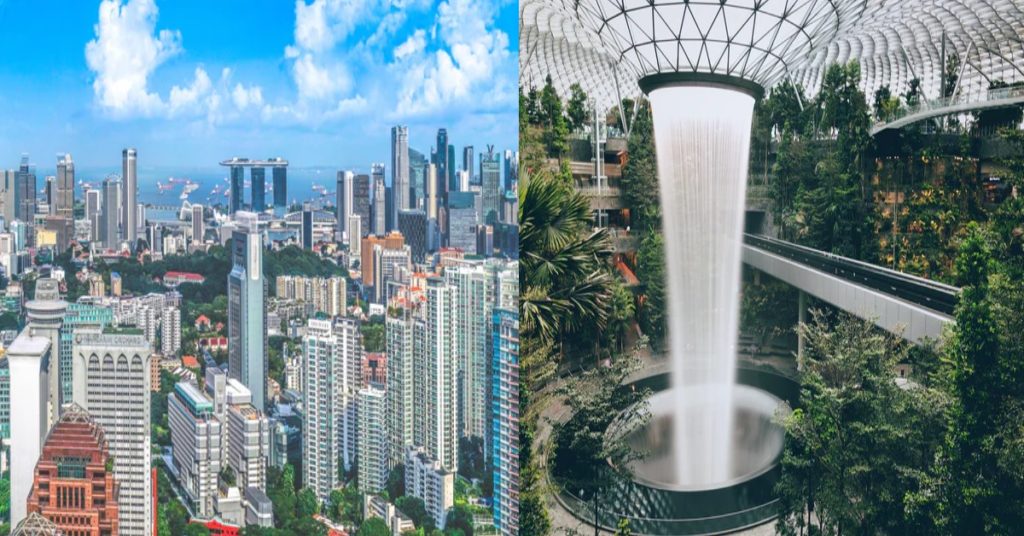
Singapore has said that it will review COVID-19 measures in early August and ease some measures if virus clusters come under control and hospitalisation rates remain low.
However, the easing of measures will only apply to vaccinated individuals, said Finance Minister Lawrence Wong in his address to the House in a ministerial statement that gave an overview of the country’s next steps in its pandemic response.
Here is what Minister Wong addressed:
“This means that if you want to attend a large event or a religious service involving more than 100 persons, you have to be fully vaccinated.”
“If you want to go out to dine in a restaurant or work out in a gym, you have to be fully vaccinated,” he added.
Mr Wong noted that by early August – the mid-point of the phase two (heightened alert) period , around two-thirds of Singapore’s population would have received the full two doses and some three-quarters of seniors aged 70 and above would also have been vaccinated.
Singapore will then be able to further ease restrictions around early September, when about 80 per cent of the population are expected to have gotten the full two doses of the vaccine.
It hopes that a similar proportion of seniors 70 and up would also be fully vaccinated by then.
Mr Wong said Singapore will then allow larger groups to gather, especially if all are fully vaccinated.
It will also begin to reopen its borders for travel, especially for vaccinated people.
“We will start by establishing travel corridors with countries or regions that have managed Covid-19 well, and where the infection is similarly under control,” said Mr Wong, who co-chairs the multi-ministry task force tackling Covid-19.
With these arrangements, fully-vaccinated people will be able to travel to such areas without serving the 14-day stay home notice (SHN) in a hotel.
Instead, this requirement will likely be replaced by either a rigorous testing regime or a shorter seven-day SHN at home, depending on the risk level of the country they visit.
However, unvaccinated individuals will not be able to enjoy the easing of these measures.
Looking further beyond, Singapore will continue with a series of “progressive easings”, the minister said.
As it does so, the country must expect Covid-19 cases to rise partly because there are still “cryptic” cases being transmitted in the community, he noted.
Imported cases will also rise as Singapore opens its borders, with “infected persons slipping through from time to time”.
“But at that stage… our main focus will no longer be on daily case numbers, because the vast majority by then would have been vaccinated, and even if they catch the virus, they are much less likely to become very ill,” Mr Wong said.
“Instead, our focus will be on the much smaller number of infected persons who need supplementary oxygen or require intensive care.”
In his statement, Mr Wong also explained why the task force “made the difficult decision” to return to phase two (heightened alert) – a move that has drawn criticism from some quarters.
The stricter rules that scale back activities help slow down transmission and give the country time to push vaccination rates up further, protecting seniors, he said.
The large clusters that formed in recent weeks show how easy it is for the Delta variant to spread and potentially overwhelm Singapore’s hospital system, Mr Wong added.
He pointed out that vaccinated individuals may experience very mild symptoms when infected, inadvertently becoming asymptomatic carriers.
“By the time the cases pop up, days or even weeks would have passed and the infection would have spread to many people,” he said.
Facing a heightened risk of widespread community transmission before enough people attained adequate vaccine protection, Singapore thus decided to tighten the rules.
At present, the proportion of people who are fully vaccinated is still less than 50 per cent, he said. “We are especially worried about our seniors, because there are still over 200,000 seniors aged 60 and above who are not fully vaccinated.”
Image Source: unsplash.com
